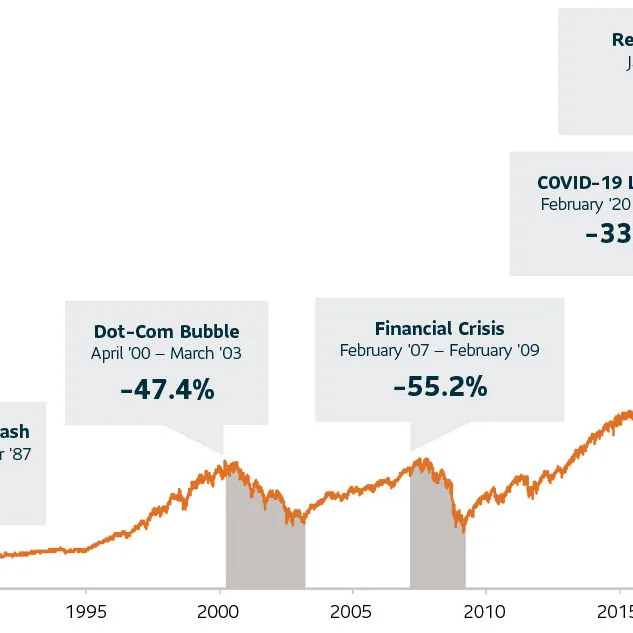In a stunning downturn, the Indian stock market experienced significant losses with the Sensex plummeting over 700 points, closing at 66,777.37 and marking a decline of 1.10%. The Nifty also witnessed a drop, settling below the critical 22,350 level. This dip resulted in the loss of approximately ₹6 lakh crore in investor wealth, raising concerns among stakeholders about the current economic landscape. According to market analysts, several factors contributed to this market crash. Notably, the broader sell-off was fueled by persistent foreign fund outflows, leading to a palpable bearish sentiment in trading sessions. Going deeper into the causes, experts pointed to combined pressures from escalating geopolitical tensions, investor apprehensions regarding inflation, and recent developments surrounding the U.S. Federal Reserve’s interest rate hikes which have sent ripples through global markets. The continued uncertainty has prompted a risk-off sentiment, steering investors towards safer assets, further exacerbating the decline in share prices. Hemang Jani, head of equity strategy at Motilal Oswal Financial Services, remarked, ‘The global cues continue to be weak, and domestic sentiment is also being chipped away by uncertainties surrounding macroeconomic conditions.’ The market’s reaction has led to a mixed trading day for the majority of sectors, with energy stocks facing notable defeats while defensive sectors like IT resisted to some degree. This recent stock market turmoil has sparked a broader discussion on the potential long-term effects on India’s economic stability and investor confidence.
Indian Stock Market Plummets: Sensex Drops Over 700 Points, Investors Lose ₹6 Lakh Crore











